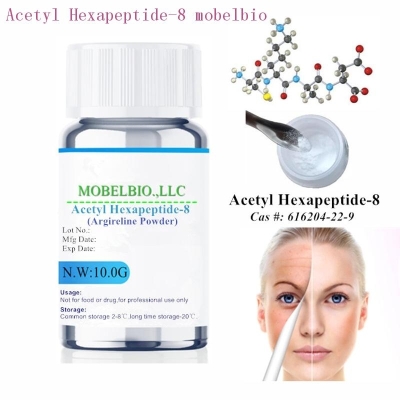US research shows that rbap48 protein can inhibit memory decline
-
Last Update: 2013-10-11
-
Source: Internet
-
Author: User
Search more information of high quality chemicals, good prices and reliable suppliers, visit
www.echemi.com
There is usually an equal sign between aging and memory loss But an American experiment using mice shows that this memory decline is not "irreversible", adding a brain protein called rbap48 may enable the elderly to have a "young" brain again Researchers from Columbia University Medical Center reported in the journal Science Translational Medicine on Tuesday that they obtained eight human brains from the brain bank of Columbia University, including those of young people and old people, from those who chose to donate their brains for scientific research after death After a comparative study, they found 17 genes in the hippocampus of the brain memory center that could not work normally in the elderly brain These genes are all located in an area of the hippocampus called the dentate gyrus Among these 17 genes, rbap48 is the most seriously affected by aging The expression of the gene and the amount of rbap48 protein produced by the gene were reduced by almost half in the dentate gyrus of the elderly brain To understand the effect of rbap48 on memory, the researchers conducted a mouse experiment, and found that "turning off" the protein in young mice would cause them to be forgetful, while increasing it in old mice would restore their memory Elias pavlopoulos, assistant research scientist at Columbia University and the first author of the paper, said: "we were surprised that the increase in protein not only improved the performance of mice in memory tests, but also matched the performance of young mice." This result shows that the memory decline in the elderly may be caused by the low content of rbap48 protein in the brain, and this process is "reversible", increasing the protein or "reversing" the memory problems of the elderly, and taking this protein as the target may be able to develop new therapies in the future.
This article is an English version of an article which is originally in the Chinese language on echemi.com and is provided for information purposes only.
This website makes no representation or warranty of any kind, either expressed or implied, as to the accuracy, completeness ownership or reliability of
the article or any translations thereof. If you have any concerns or complaints relating to the article, please send an email, providing a detailed
description of the concern or complaint, to
service@echemi.com. A staff member will contact you within 5 working days. Once verified, infringing content
will be removed immediately.







